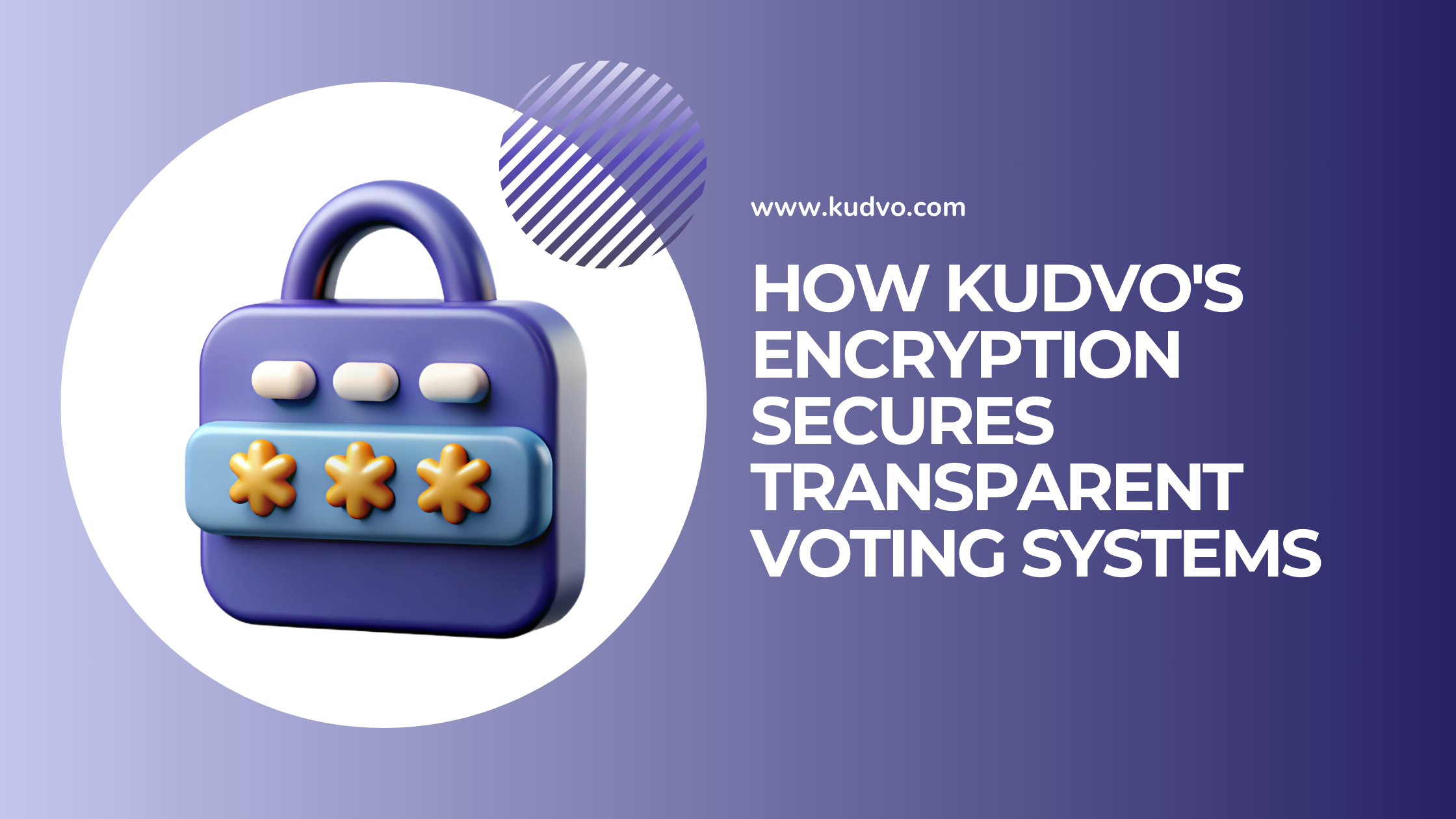In an era where the integrity of democratic processes is more crucial than ever, encrypted voting systems stand out as a beacon of hope. These advanced systems leverage sophisticated cryptographic techniques to ensure that every ballot cast is secure, tamper-proof, and confidential. At the heart of this innovation is kudvo, a platform dedicated to exploring and advancing the technologies that safeguard our electoral processes.
The Pillars of Encrypted Voting Systems
Homomorphic Encryption
At the core of kudvo’s encrypted voting system is homomorphic encryption. This revolutionary technique allows computations to be performed on encrypted data without needing to decrypt it first. This ensures that sensitive voter information remains confidential throughout the voting process, from casting the ballot to tallying the votes. By maintaining data privacy and security, homomorphic encryption ensures that individual votes are kept anonymous and protected.
End-to-End Encryption
kudvo employs end-to-end encryption as a fundamental aspect of its security framework. This method encrypts data at its source and decrypts it only at the intended destination. Such a robust encryption process guards against potential interception by malicious entities, ensuring that the electoral process remains confidential and intact. This fosters trust among voters and electoral authorities, reinforcing the credibility of electronic voting systems.
Zero-Knowledge Proofs
Another crucial element of kudvo’s encrypted voting system is zero-knowledge proofs. This technology allows voters to prove their eligibility without revealing personal details or voting preferences. By utilizing zero-knowledge proofs, kudvo addresses the risks of voter fraud while preserving privacy. This innovation maintains the sanctity of the electoral process and protects individual voter data.
Blockchain Technology
kudvo integrates blockchain technology to further enhance the security and transparency of the voting system. Blockchain’s decentralized and immutable ledger ensures that every vote is securely recorded and verified. This distributed ledger not only bolsters resilience against tampering and manipulation but also fosters transparency and accountability, providing a solid foundation for trust in electronic voting systems.
Multi-Factor Authentication
To add an extra layer of security, kudvo incorporates multi-factor authentication. By combining various authentication factors—such as biometrics, passwords, and cryptographic keys—the system ensures a high level of voter identity verification. This approach mitigates the risk of unauthorized access and fraud, further enhancing the security and reliability of the voting process.
Conclusion
kudvo stands at the forefront of securing democratic processes through advanced encrypted voting systems. By integrating homomorphic encryption, end-to-end encryption, zero-knowledge proofs, blockchain technology, and multi-factor authentication, kudvo is setting new standards in electoral security. As we move towards increasingly digital and interconnected societies, ensuring the integrity of our voting systems remains paramount. With kudvo, the future of secure, transparent, and trustworthy elections is within reach.
